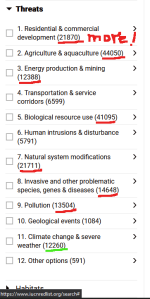-
Welcome to BirdForum, the internet's largest birding community with thousands of members from all over the world. The forums are dedicated to wild birds, birding, binoculars and equipment and all that goes with it.
Please register for an account to take part in the discussions in the forum, post your pictures in the gallery and more.
You are using an out of date browser. It may not display this or other websites correctly.
You should upgrade or use an alternative browser.
You should upgrade or use an alternative browser.
Planet Earth III (1 Viewer)
- Thread starter Melanie
- Start date
More options
Who Replied?gerald762
Well-known member

This is worth a read. Presenting a dissenting view.
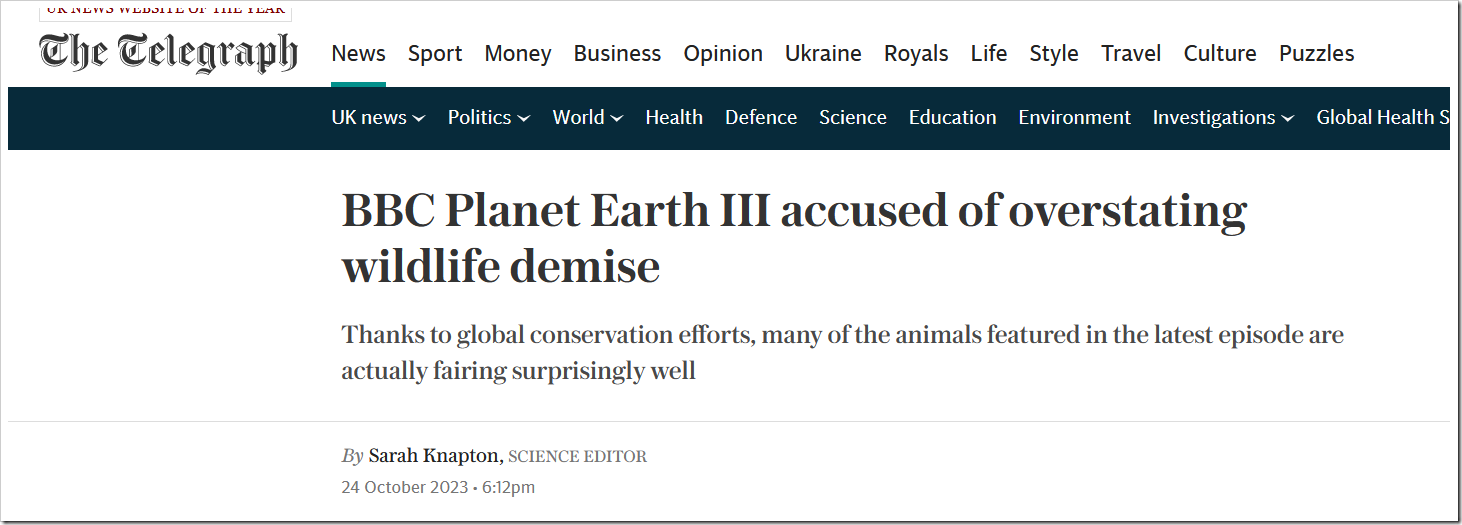
 notalotofpeopleknowthat.wordpress.com
notalotofpeopleknowthat.wordpress.com

BBC Planet Earth III Exposed
By Paul Homewood h/t Philip Bratby Real experts expose Attenborough’s latest pack of lies: BBC Planet Earth III left viewers in tears on Sunday evening with scenes of soggy flamingo c…
Melanie
Well-known member

This is worth a read. Presenting a dissenting view.

BBC Planet Earth III Exposed
By Paul Homewood h/t Philip Bratby Real experts expose Attenborough’s latest pack of lies: BBC Planet Earth III left viewers in tears on Sunday evening with scenes of soggy flamingo c…notalotofpeopleknowthat.wordpress.com
Sorry, but I find this review disgusting. There are a lot of documentaries (e.g. by Forrest Galante or Dan O'Neill ) where they are talking a lot of nonsense but the linked text is a pure discrediting of David Attenborough.
You can't take anything seriously coming from the main media, just like politicians, they are aimed at a general public who knows almost nothing about ecology and conservation, and at the same time they have undeclared goals.
Let's be positive and imagine they want to do good, and sound alarmist to trigger some generosity, instead of admitting some marginal success that could make the public insensitive? I wouldn't bet on that possibility though, because people who lie almost never do it to help... and the few episodes I watched felt more like a show than natural science (ie make money with ecology, not the opposite). Diverting attention from natural habitat destruction to focus on climate change only is not healthy.
Looking at the IUCN red list, Flamingos species in Mexico (American Flamingo) are apparently not threatened at all, unlike other South American species...
Not sure about this island and the Great barrier, I hear conflicting advices. Maybe it's slightly better than 10-15 years ago, when all corals were dying everywhere, some seem to have recovered (and nobody knows why), but otoh most Green turtle populations are still decreasing?
Let's be positive and imagine they want to do good, and sound alarmist to trigger some generosity, instead of admitting some marginal success that could make the public insensitive? I wouldn't bet on that possibility though, because people who lie almost never do it to help... and the few episodes I watched felt more like a show than natural science (ie make money with ecology, not the opposite). Diverting attention from natural habitat destruction to focus on climate change only is not healthy.
Looking at the IUCN red list, Flamingos species in Mexico (American Flamingo) are apparently not threatened at all, unlike other South American species...
Not sure about this island and the Great barrier, I hear conflicting advices. Maybe it's slightly better than 10-15 years ago, when all corals were dying everywhere, some seem to have recovered (and nobody knows why), but otoh most Green turtle populations are still decreasing?
jurek
Well-known member
Footage, as usually, is spectacular. Especially use of drones to film everything from above.
Unfortunately, besides specific animals and places like sea turtles, flamingo colonies etc, BBC is objectively wrong to show climate change as the only or main threat to nature.
IUCN Red List, which is a professional website, not aimed at Swedish teenagers, lists different threats and number of plant and animal species which they threaten. Climate change and severe weather are actually among the least common threats. Old boring dangers are more important: building-up habitats, agriculture, hunting, fishing and collecting (biological resource use), invasive species, pollution... One can also select only mammals, birds, reptiles, amphibians and fish, because BBC films show almost exclusively them, and it is the same.
I don't know why BBC does it. Maybe they feel it is a safe territory, because no angry farmers or national park rangers will kick out the BBC crew for damaging them personally.
Unfortunately, besides specific animals and places like sea turtles, flamingo colonies etc, BBC is objectively wrong to show climate change as the only or main threat to nature.
IUCN Red List, which is a professional website, not aimed at Swedish teenagers, lists different threats and number of plant and animal species which they threaten. Climate change and severe weather are actually among the least common threats. Old boring dangers are more important: building-up habitats, agriculture, hunting, fishing and collecting (biological resource use), invasive species, pollution... One can also select only mammals, birds, reptiles, amphibians and fish, because BBC films show almost exclusively them, and it is the same.
I don't know why BBC does it. Maybe they feel it is a safe territory, because no angry farmers or national park rangers will kick out the BBC crew for damaging them personally.
Attachments
jurek
Well-known member
Is there a list of locations where BBC wildlife films are filmed?
Some are accessible places, although naturally, others are extremely remote. There are websites which list locations of normal films, but not BBC.
When traveling, I found some places where BBC documentaries were filmed and talked with local people who helped BBC crews. But there are still some spectacular landscapes which are not obvious.
I am more and more tempted to visit an active volcano and see boiling magma myself
Some are accessible places, although naturally, others are extremely remote. There are websites which list locations of normal films, but not BBC.
When traveling, I found some places where BBC documentaries were filmed and talked with local people who helped BBC crews. But there are still some spectacular landscapes which are not obvious.
I am more and more tempted to visit an active volcano and see boiling magma myself
dantheman
Bah humbug
I haven't watched David Attenborough in years (no tv licence etc)This is worth a read. Presenting a dissenting view.

BBC Planet Earth III Exposed
By Paul Homewood h/t Philip Bratby Real experts expose Attenborough’s latest pack of lies: BBC Planet Earth III left viewers in tears on Sunday evening with scenes of soggy flamingo c…notalotofpeopleknowthat.wordpress.com
What is plain to see from the wordpress article and especially from the comments below it is that it is an anti-global warming, anti-bbc, anti-woke website!!
So whether you (or anyone) wishes to take the article seriously ...
Farnboro John
Well-known member
Latest episode was perhaps my favourite so far (all it takes is Ellesmere Island white wolves).
John
John
Peregrine Took
Well-known member

Unfortunately, besides specific animals and places like sea turtles, flamingo colonies etc, BBC is objectively wrong to show climate change as the only or main threat to nature.
If you listen to the introduction to the series, Attenborough says words to the effect that nature is now facing it's greatest threat ever, ending with the word "... us", ie. man. I think it's pretty clear (even to a Swedish teenager, if we insist on being patronising), that this doesn't just mean climate change.
Three examples that spring to mind are: wildlife being untangled from plastic litter; sealions being rescued from fishing nets; and grassland in Brazil that's being destroyed more than two times faster than the Amazon rainforest to clear land for farming.
None of the words in bold are climate related.
.
jurek
Well-known member
Is there a list of locations where BBC wildlife films are filmed?
I just found there is one for at least some episodes, e.g. Planet Earth III Episode 6 Extremes - Everything you need to know
The weakness of some episodes was mixing real scenes with computer generated ones, for example a zipping plane and an animated town. The value of such films is that the footage is real. If BBC adds animation, it starts to resemble Disney and Marvel films. People watch David Attenborough showing a little crab because it is real, but Doctor Strange fighting a 200-foot octopus is forgotten the next day.
Last edited:
JTweedie
Well-known member
I have this recorded but haven't watched it yet. I'm finding it hard to be motivated to watch it. When Blue Planet, Planet Earth and Frozen Planet came out, they were spectacular series that captured the majesty of the world in all its splendour. But sometimes now I feel that there are too many of these blue chip series. It's better having them than not having any, but many of them show the same things over and over again, with just a nod to one or two novel things per series. That's not to detract from the work the people do to bring this footage to our screens.
But we're missing out on some of the more dedicated, specialised shows like Natural World - there hasn't been a new episode of that since before lockdown if I remember right. That series dedicated whole episodes to individual species or individual habitats, or where a person brought their personal view of nature to our screens. We're missing out on the detail in favour of the awesome and it makes for a much shallower viewing experience.
I'm assuming budget cuts are partly responsible for this state of affairs, and that the big series, co-produced with other broadcasters, are easier to sell internationally and so are seen as ways of generating revenue for the BBC.
But we're missing out on some of the more dedicated, specialised shows like Natural World - there hasn't been a new episode of that since before lockdown if I remember right. That series dedicated whole episodes to individual species or individual habitats, or where a person brought their personal view of nature to our screens. We're missing out on the detail in favour of the awesome and it makes for a much shallower viewing experience.
I'm assuming budget cuts are partly responsible for this state of affairs, and that the big series, co-produced with other broadcasters, are easier to sell internationally and so are seen as ways of generating revenue for the BBC.

Is there a list of locations where BBC wildlife films are filmed?
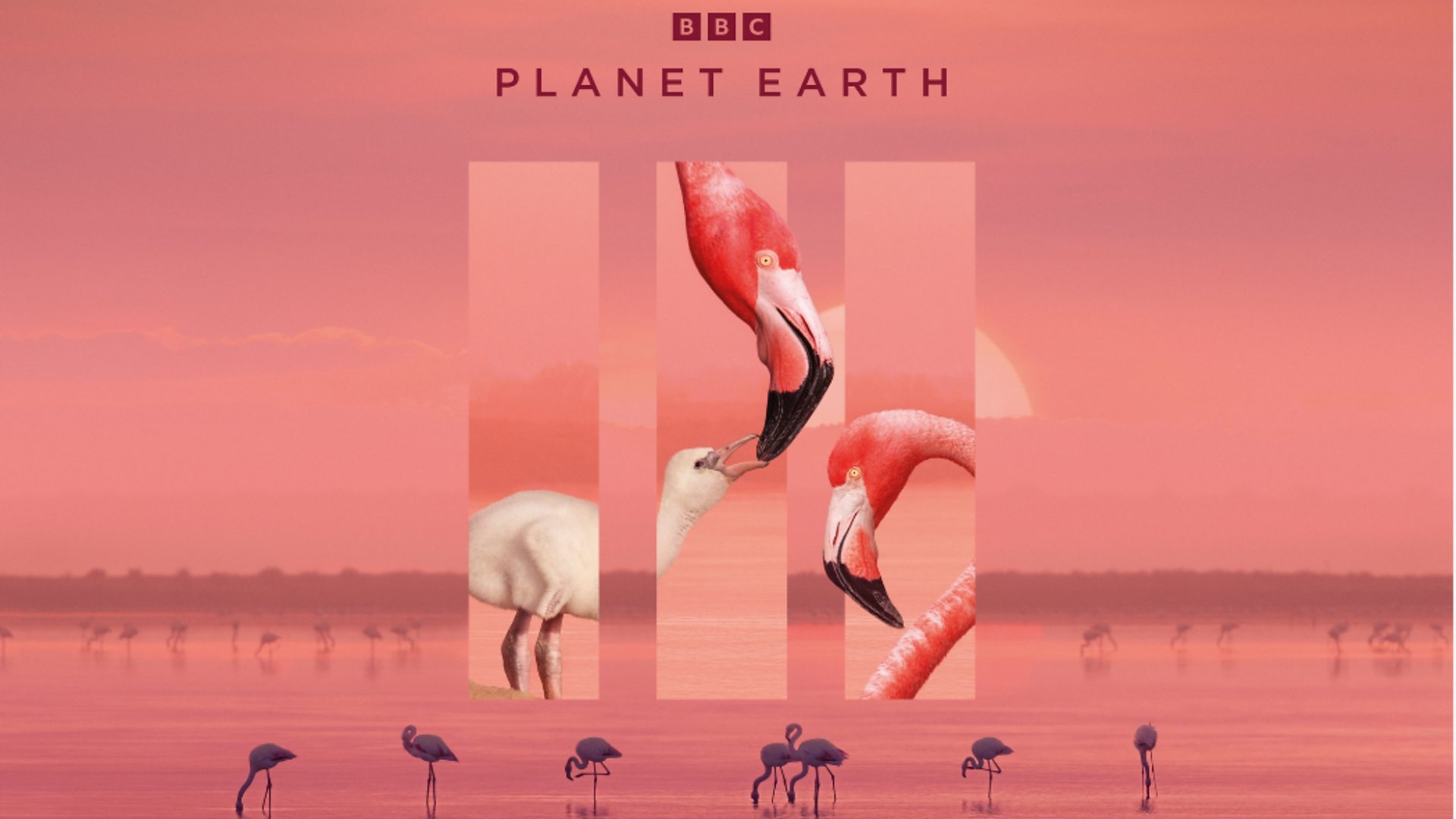
Planet Earth III Episode 1 Coasts - Everything you need to know
Discover how and where Planet Earth III - Coasts was filmed and discover why "the natural world is still full of surprises"
www.bbc.co.uk
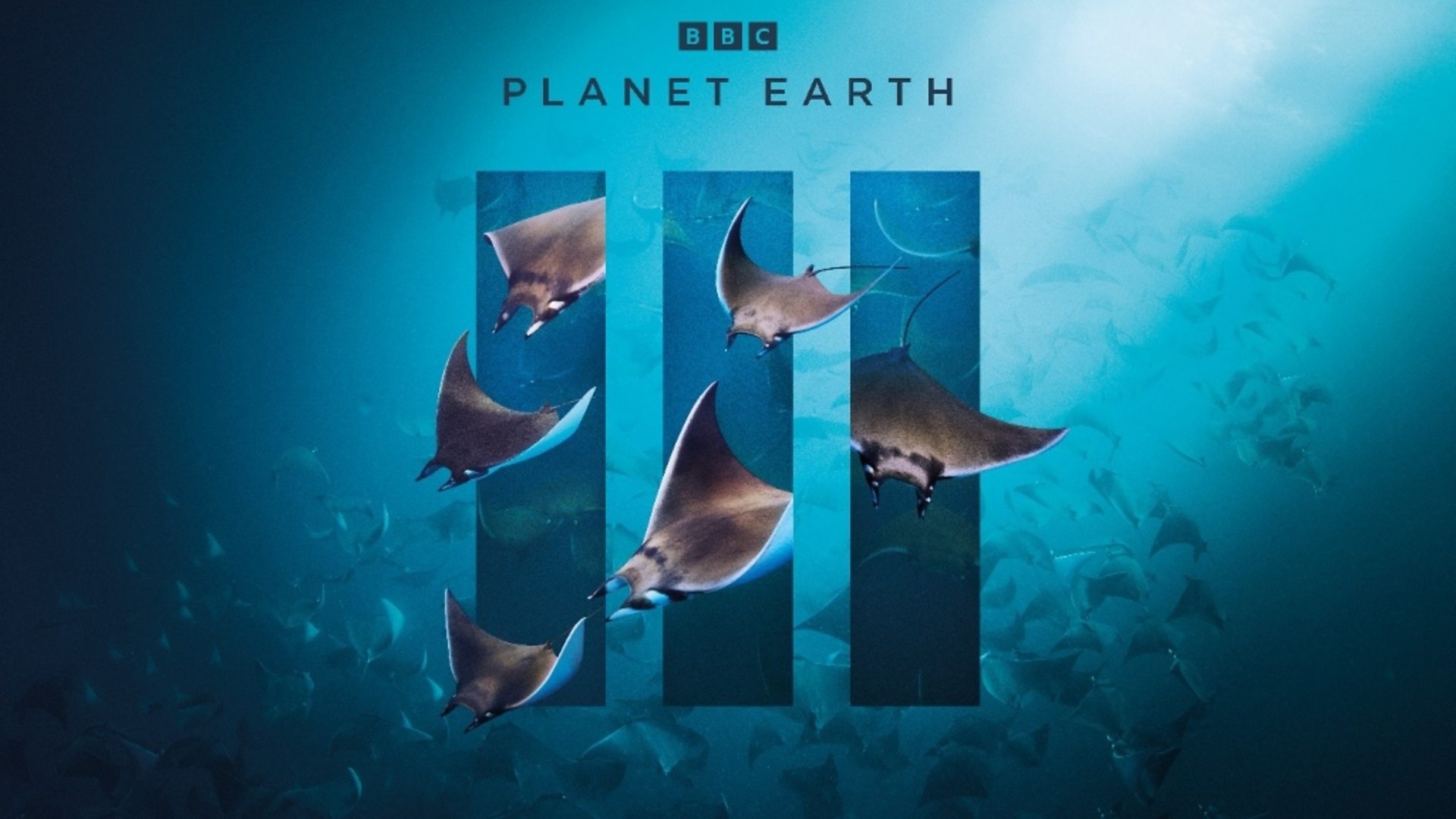
Planet Earth III Episode 2 Ocean - Everything you need to know
Discover how and where Planet Earth III - Oceans was filmed and see "how amazing life in the ocean is but also how fragile it can be"
www.bbc.co.uk
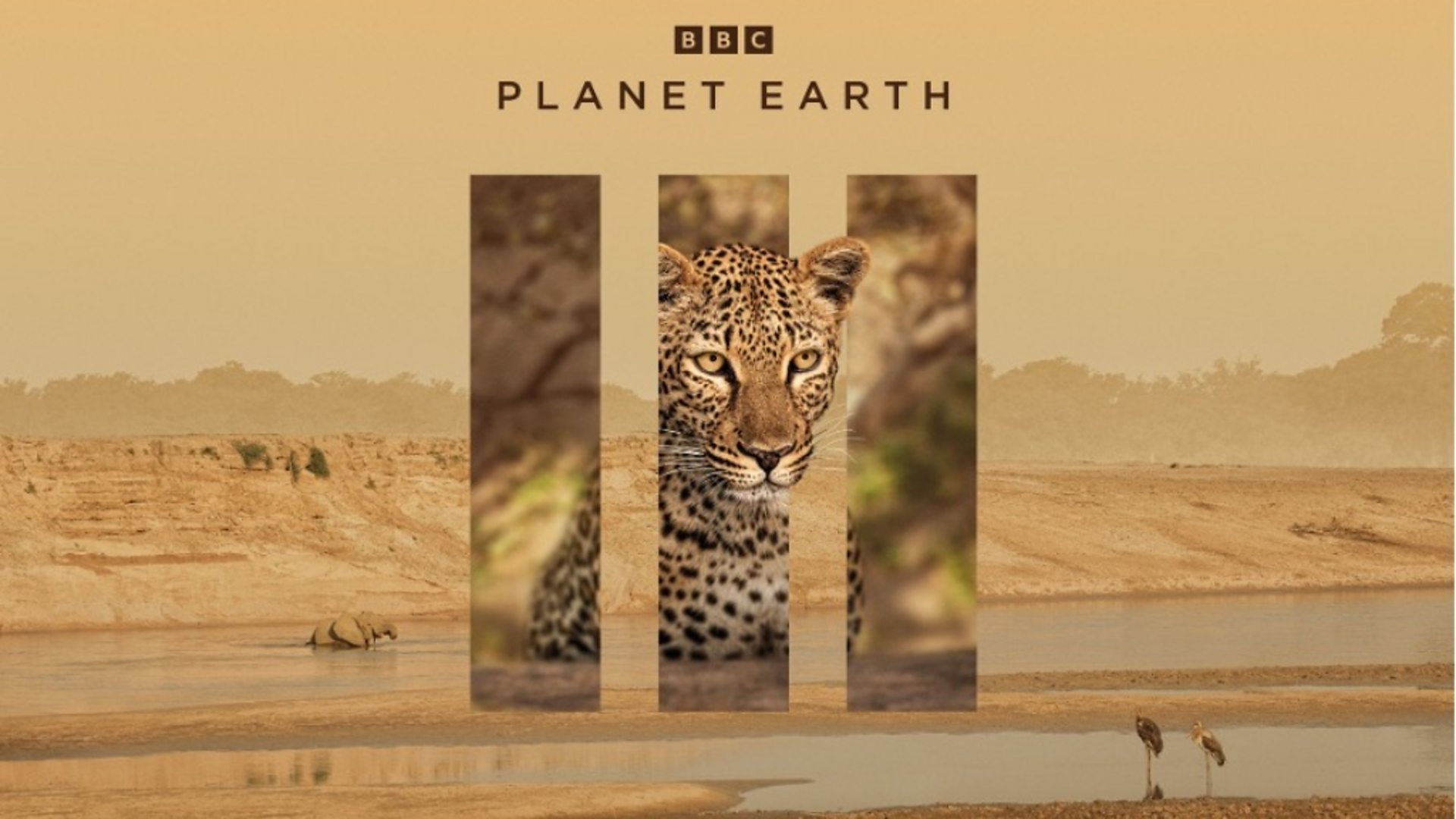
Planet Earth III Episode 3 Deserts & Grasslands - Everything you need to know
Discover how and where Planet Earth III - Deserts and Grasslands was filmed and see how "we are a part of nature and not separate from it."
www.bbc.co.uk
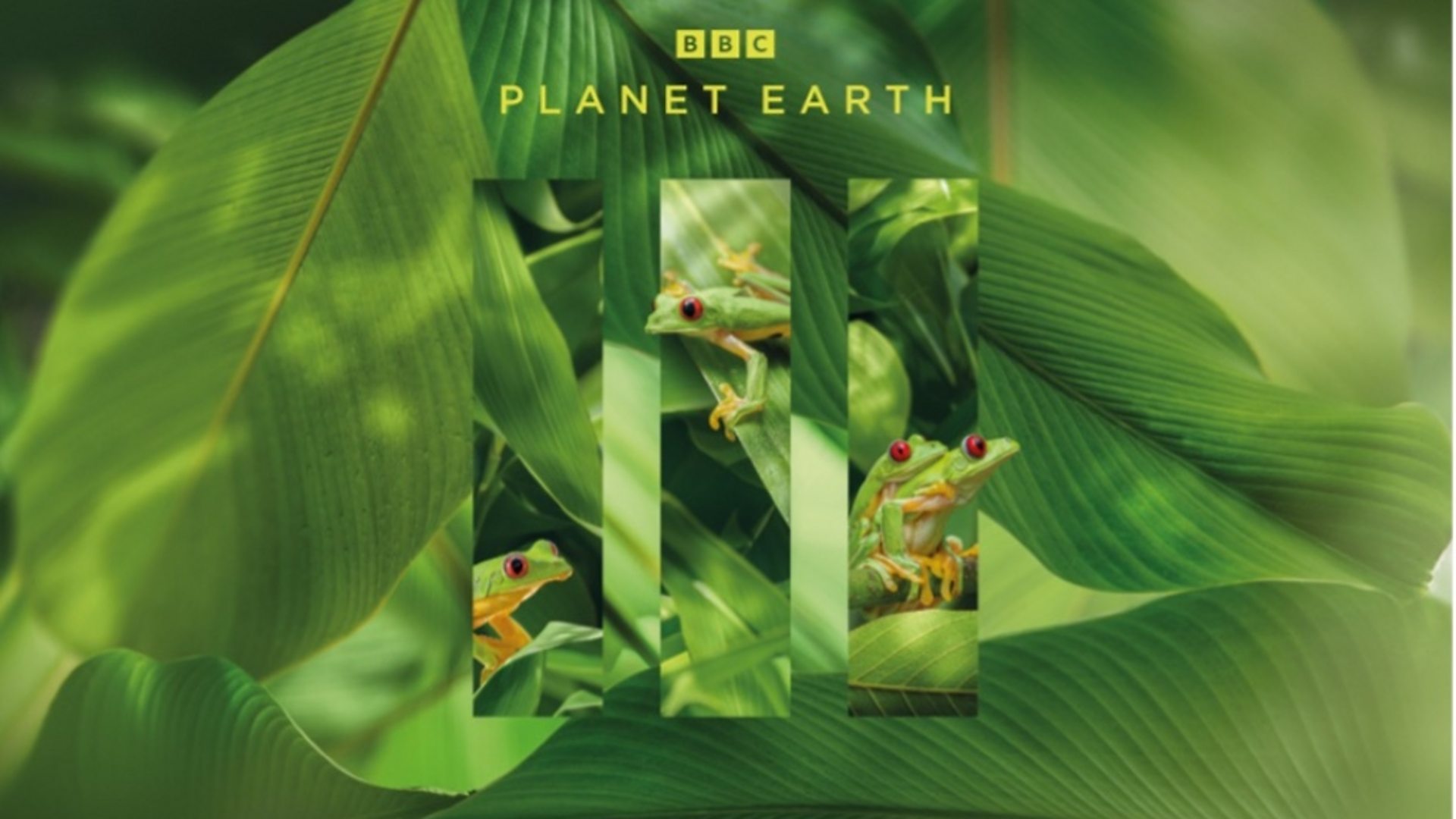
Planet Earth III Episode 4 Freshwater - Everything you need to know
Find out how and where Planet Earth III - Freshwater was filmed and discover how "it’s the lifeblood of our planet and it’s so incredibly precious"
www.bbc.co.uk
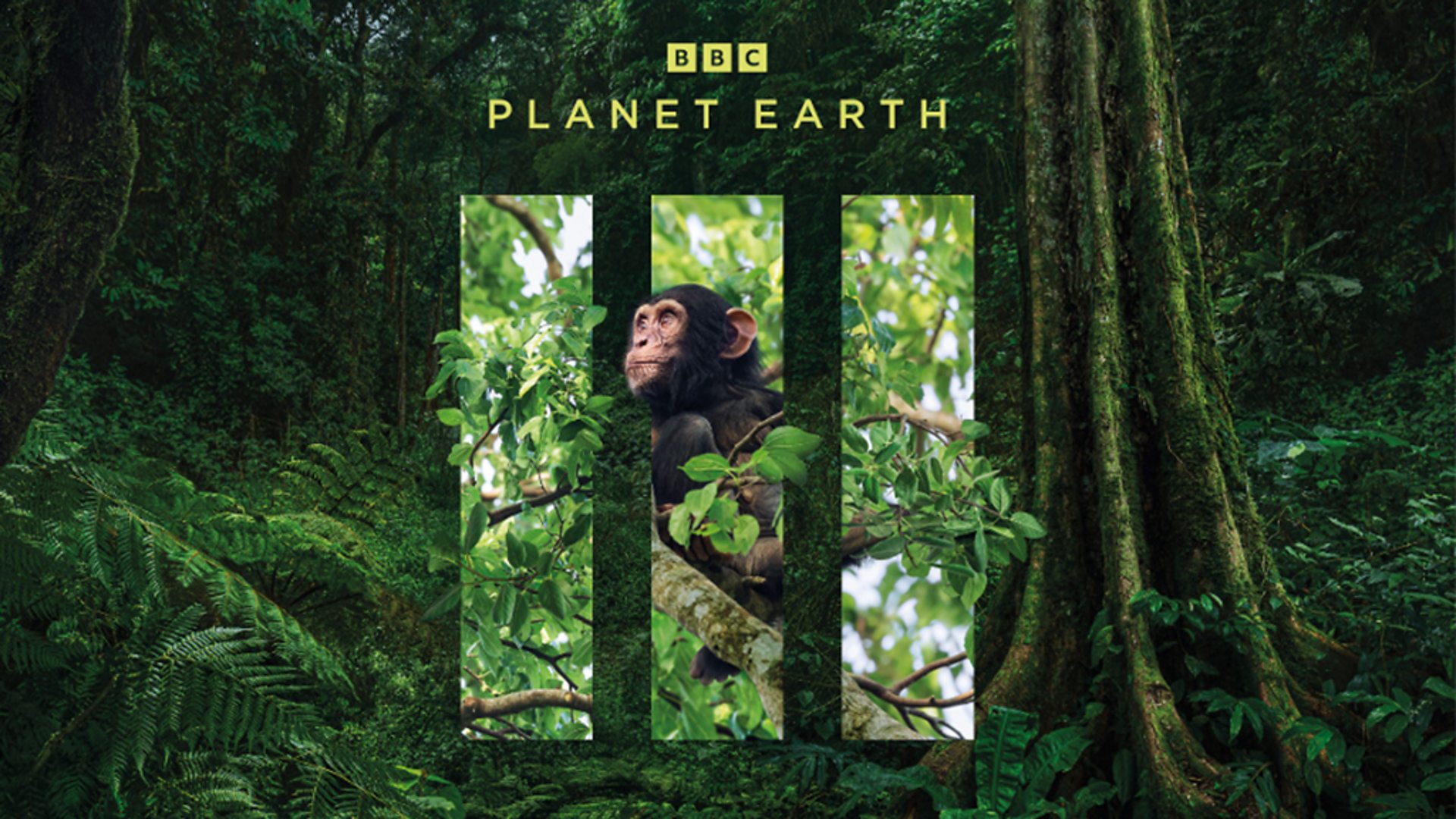
Planet Earth III Episode 5 Forests - Everything you need to know
Find out how and where Planet Earth III - Forests was filmed and discover how "these places are special but fragile"
www.bbc.co.uk
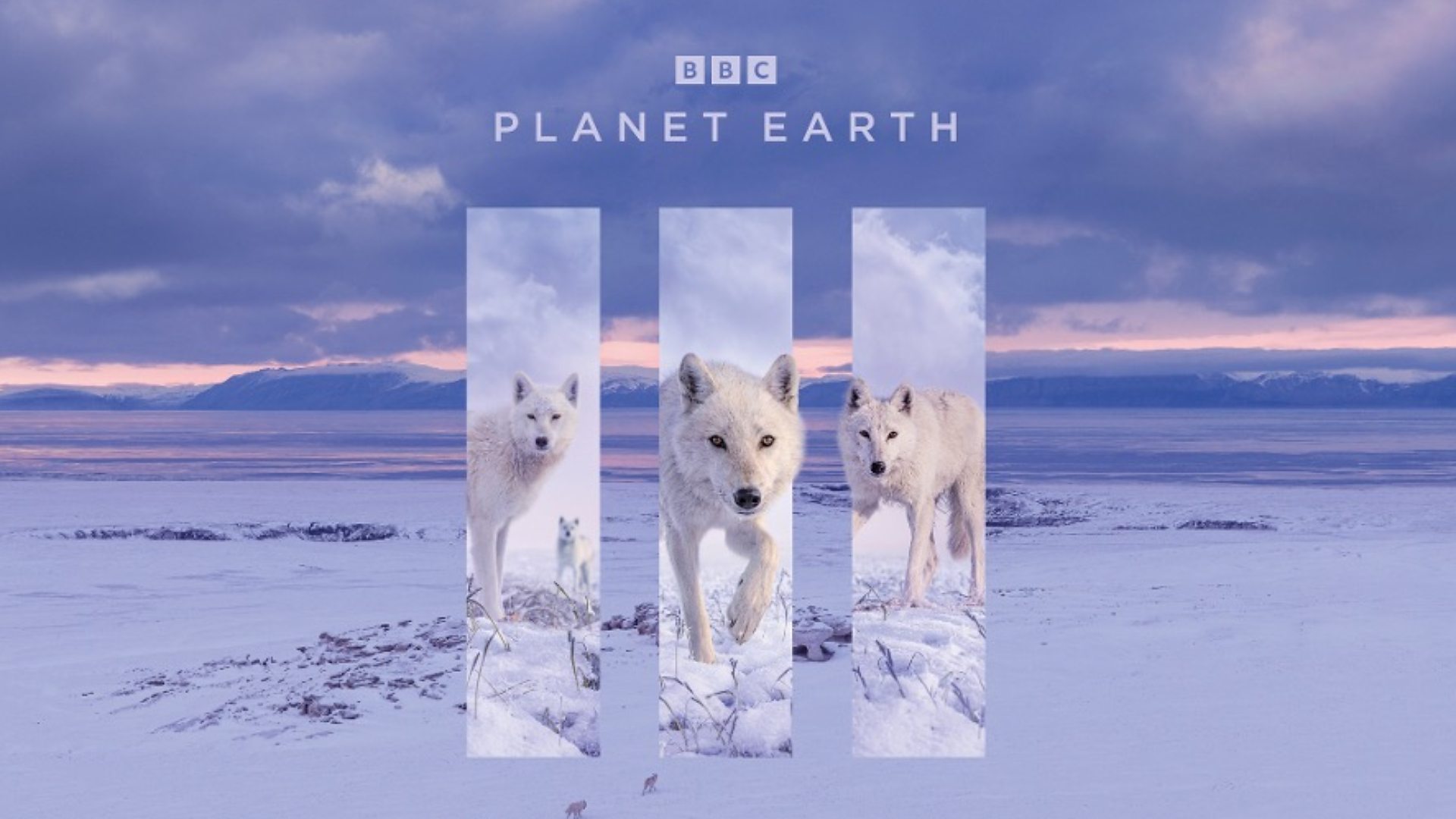
Planet Earth III Episode 6 Extremes - Everything you need to know
Find out how and where Planet Earth III - Extremes was filmed and why "this could be planet Earth as you never see it again”
www.bbc.co.uk
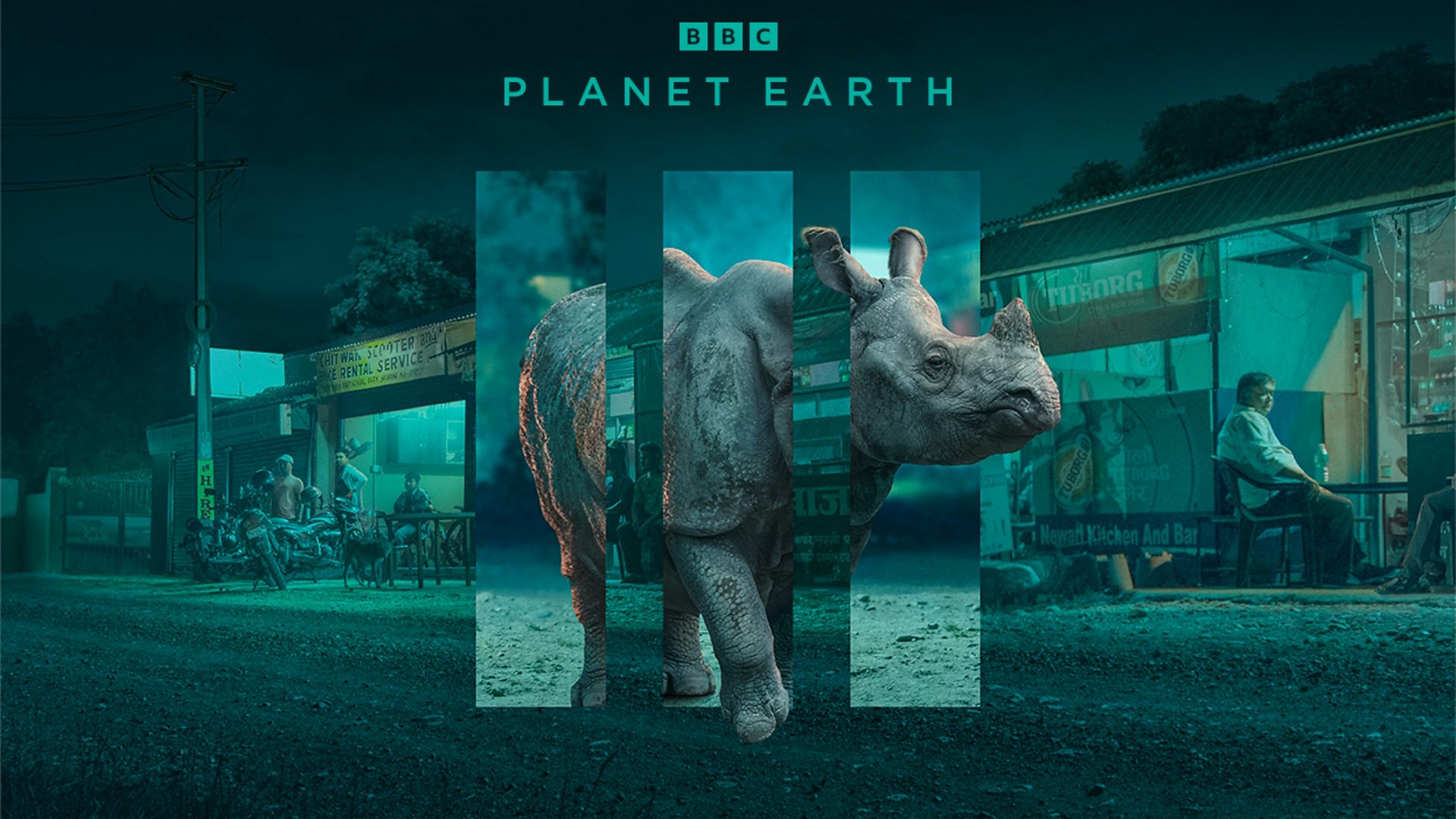
Planet Earth III Episode 7 Human - Everything you need to know
Find out how and where the seventh episode of Planet Earth III was filmed and see where human civilisation and the animal kingdom collide
www.bbc.co.uk
Farnboro John
Well-known member
There's nothing new under the sun. I have an autobiography by a wildlife cameraman whose career started in the Seventies and he details all the "cheats" they used to bring wildlife to the screen. The title is Snarl for the Camera btw.
One programme on a parasitic fly included shots of a dead fly on the live insect it was parasitising, a live fly on a dead insect and even a dead fly on a dead insect - the species involved having basically refused to interact with each other for unfathomable reasons.
Another curious one was a Weasel and a mouse filmed separately moving through the same artificial "set" with flora, a drystone wall and so on. The footage didn't seem to work and eventually they realised their hoped for montage of a mouse being hunted by a Weasel was ruined by the desperate energy of the Weasel and the total nonchalance and confidence of the mouse - it looked like the latter was hunting the former! I forget how they got round that one.
Some things you just can't do in the wild (Polar Bear mother in den I recall a fuss over) but we still need to see some of them. These guys do their best.
The plane montage was a bit rubbish though!
John
One programme on a parasitic fly included shots of a dead fly on the live insect it was parasitising, a live fly on a dead insect and even a dead fly on a dead insect - the species involved having basically refused to interact with each other for unfathomable reasons.
Another curious one was a Weasel and a mouse filmed separately moving through the same artificial "set" with flora, a drystone wall and so on. The footage didn't seem to work and eventually they realised their hoped for montage of a mouse being hunted by a Weasel was ruined by the desperate energy of the Weasel and the total nonchalance and confidence of the mouse - it looked like the latter was hunting the former! I forget how they got round that one.
Some things you just can't do in the wild (Polar Bear mother in den I recall a fuss over) but we still need to see some of them. These guys do their best.
The plane montage was a bit rubbish though!
John
Peregrine Took
Well-known member

Who cares if they 'cheat' to get footage of certain behaviours?
What I don't like is the 'how it was made' bit at the end of each programme. To me, it breaks the spell - in the same way that I don't need anyone to tell me how Van Gogh applied paint to canvas.
.
What I don't like is the 'how it was made' bit at the end of each programme. To me, it breaks the spell - in the same way that I don't need anyone to tell me how Van Gogh applied paint to canvas.
.
JTweedie
Well-known member
I think the making of segments are made to bring the programmes up to one hour. When sold to international broadcasters, I think these segments aren't shown. But the 50 minute long main programmes fit into an hour block, leaving space for adverts to fill up the remaining 10 minutes.
Farnboro John
Well-known member
For me the how we did it segments increase the awe. I also like the crews to get their moment in the sun: it's their work that brings us the magic and a credit rolling past at light speed isn't much recompense.
John
John
Similar threads
- Replies
- 0
- Views
- 1K
Users who are viewing this thread
Total: 2 (members: 0, guests: 2)




